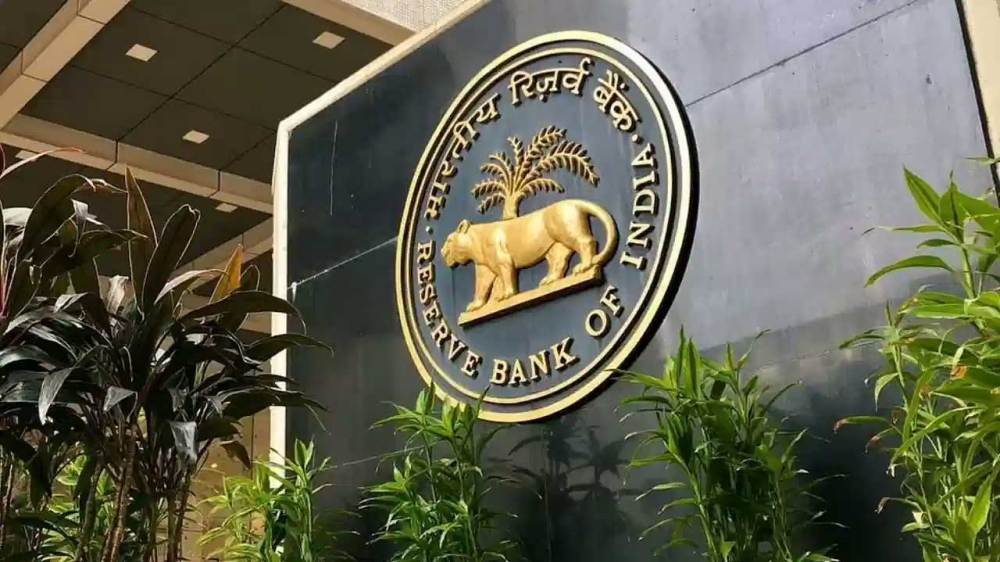
The Reserve Bank of India (RBI) on Friday announced the framework of prompt corrective action (PCA) norms for urban co-operative banks.
Which will come into effect from April 1, 2025. This structure follows the norms currently applicable for scheduled commercial banks and non-banking finance companies (NBFCs).
When a bank fails to meet the minimum requirement as per the provisions of the regulatory framework in terms of capital adequacy ratio (CRAR), non-performing assets (NPAs) and profitability, PCA norms are invoked for such banks. Banks that are put under restrictions under these norms are subjected to strict business restrictions.
A look at the provisions under the new rules
Cooperative banks with NPA ratio of more than 6 to 12 per cent, losses for two consecutive years, CRAR of 2.5 per cent to 4 per cent against the minimum requirement of 9 per cent will be regulated under PCA.
Co-operative banks have to comply with minimum regulatory norms in terms of CRAR, net NPA and profitability.
Once an urban co-operative bank is banned under the new regulations, the central bank imposes stringent restrictions on various types of business.
The ban will only be lifted when the banned bank is again able to meet the requirements as per the regulatory framework.
Urban cooperative banks under Tier 1 are currently exempted from complying with these new rules. However, their business will be constantly monitored
What sanctions can be imposed under PCA?
Raising capital from existing members by issuing equity or other instruments
Prohibition on raising funds by issue
Banks may be restricted from paying dividends, making donations, incurring capital expenditure other than technological upgradation, opening new branches and accepting deposits.
RBI can also take decisions like special audit, governance investigation, cancellation of banking license, etc.
 look news india
look news india